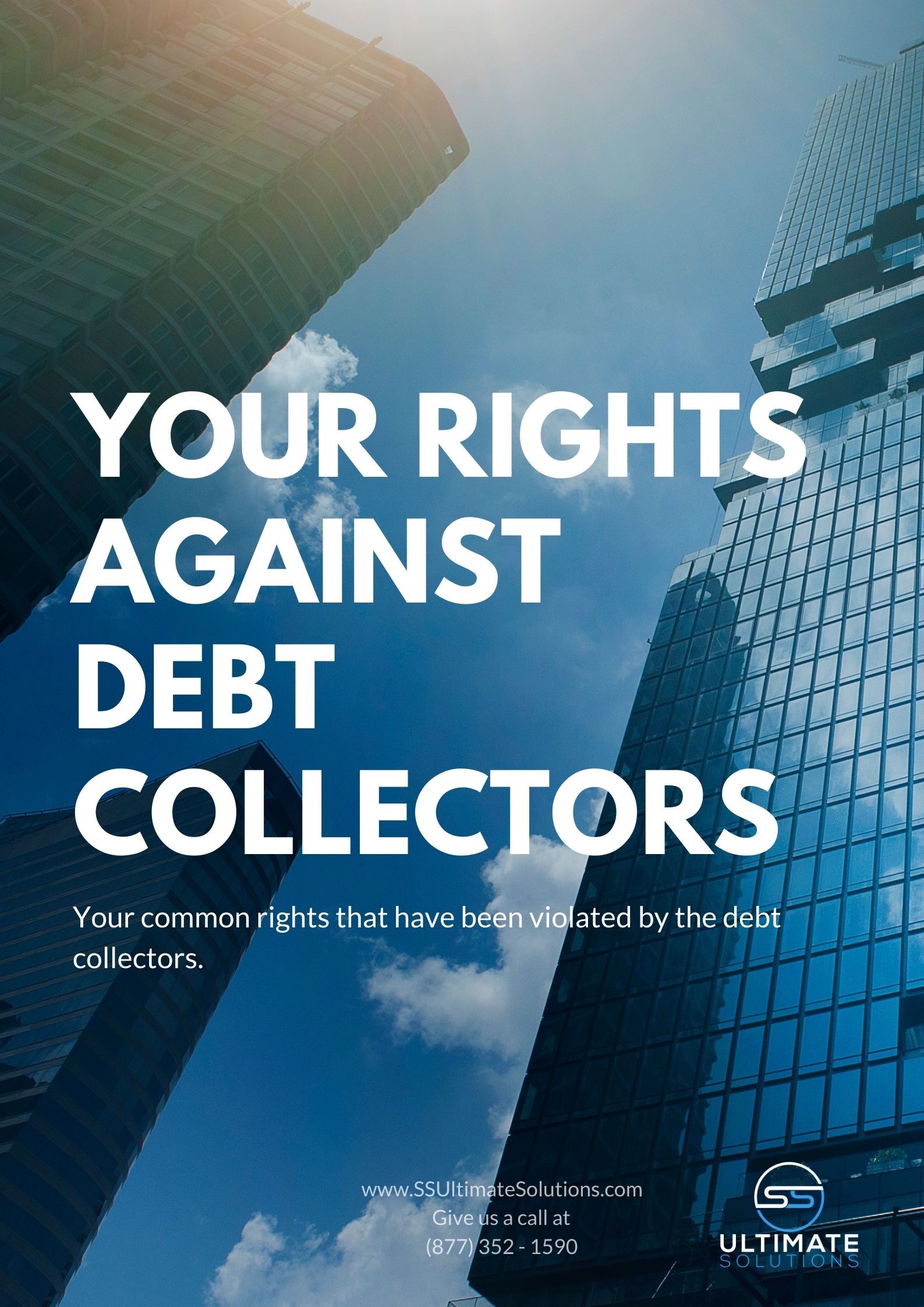Frequently Asked Questions
Generally speaking, there are five tiers of credit score. A good credit score is anything above 670.
Anything below 670 is considered poor or only fair credit.
Your credit can be brought down a lot faster than it can be brought up, so it might help to review these things that can hurt your credit:
- Not paying bills on time
- Filing for bankruptcy or foreclosure
- Applying for too many credit accounts
- Carrying high balances on your credit cards
- Ignoring questionable negative items on your report
There are five main contributors to your credit score–payment history, amount of debt, length of credit history, credit mix and new credit. Managing your credit wisely by paying your bills on time, paying debt down and maintaining your current accounts could improve your score. Beyond these five factors, your credit could contain negative items that are unfair or inaccurate, which can stay on your reports for up to seven to 10 years.
Your credit report contains things like your identifying information, trade lines, credit limits, account names, credit history, credit inquiries, public records, collections, late payment information, and of course, and your credit score.
There are many factors that go into being approved for a mortgage, but you’ll need at least a score of 620 to be approved for a traditional home loan.
The minimum accepted score for a car loan will depend on the amount of money being requested, but some lenders will approve scores as low as 500–assuming you don’t mind paying extra money in interest.
While that depends on the amount you’re asking for, you can get a personal loan with a score as low 500–assuming you don’t mind paying extra money in interest.
The law entitles you to an accurate, fair and substantiated credit profile. If something on your credit isn’t right, you can correct or repair it with the credit bureaus and your creditors.
Anything inaccurate, unfair or unverified can be challenged with the bureaus and your creditors. This includes collections, late payments, charge-offs, liens, bankruptcies, repossessions and more.
According to CreditCards.com and CNNMoney, even a single negative item on your credit could cost you over 100 points.
| NEGATIVE ITEM | CREDIT SCORE DECREASE |
| Late Payment | Up to 110 points |
| Debt Settlement | Up to 125 points |
| Foreclosure | Up to 160 points |
| Bankruptcy | Up to 240 points |
| Collection | Up to 110 points |
| Hard Inquiry | Up to 15 points |
Your common rights that have been violated by the debt collectors.
Your Rights Against Debt Collectors

This short ebook is designed to inform you about your rights against debt collectors. We emphasized the most common laws that are being violated by the debt collectors that you might not notice. We hope reading this ebook will give you the knowledge to speak up for yourself. Let’s get into these violations and get paid!
